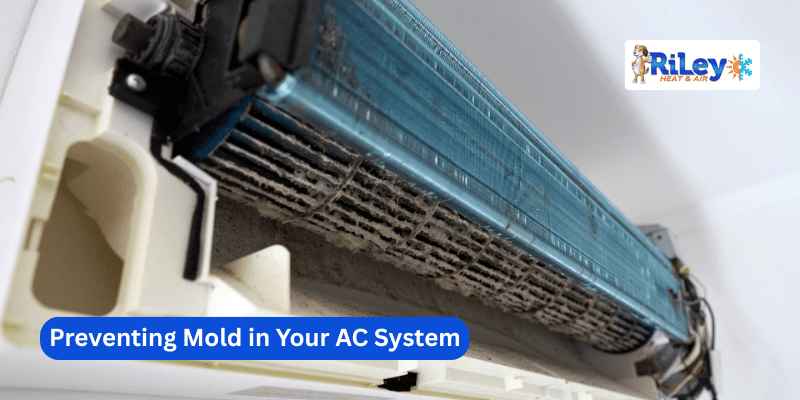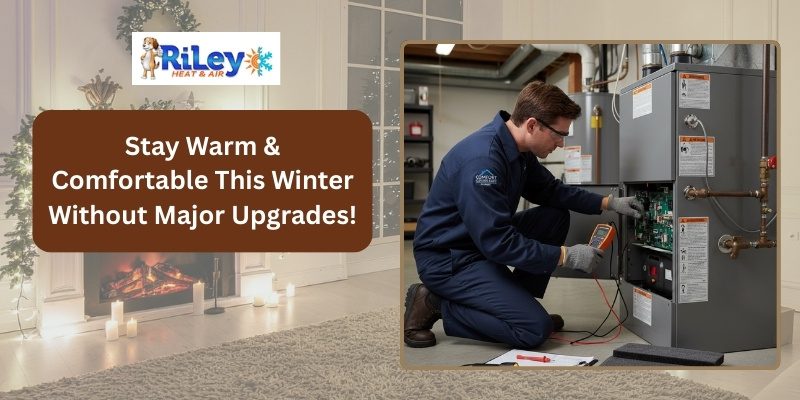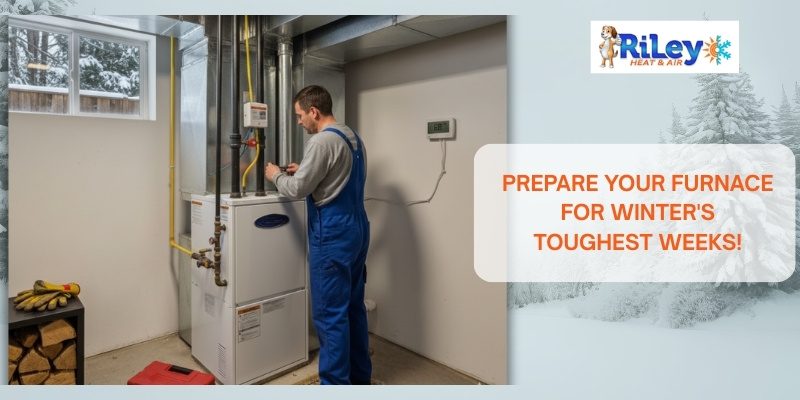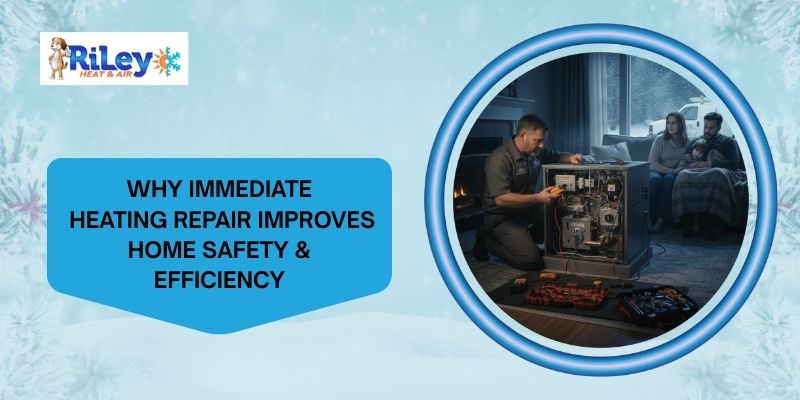
Preventing Mold in Your AC System: What Washington, DC Residents Need to Know
Air conditioning is not only about comfort, but also about health. Mold growth in AC systems is a significant issue in Washington, DC., with hot and humid summers. Mold ruins your cooling system and may also affect indoor air quality, lead to allergies, and result in long-term health issues for your family, employees, or tenants.
The first step in ensuring your home or workplace remains safe is understanding the causes, warning signs, and prevention strategies. This blog will take you through all you need to know as a resident of DC concerning preventing mold in air conditioning systems.
Why Mold in AC Systems Is a Serious Problem
Mold in an air conditioner is a maintenance problem and a health risk. Because your air conditioning unit moves air around your home or building, any mold in the unit can easily distribute spores to all your rooms. Chronic exposure may cause:
-
- Asthma symptom worsening
- Sneezing, itchy eyes, runny nose
- Constant sinus irritation
- Children's and older adults' respiratory issues
How to Tell If Your Air Conditioner Has Mold
Finding mold in your air conditioning system will save you money on repairs and health issues. Here are the most typical warning signs:
-
- Visible mold growth
- Persistent respiratory issues
- Strong musty odors
- Excessive moisture or condensation
- Professional diagnosis
What Causes Mold in Washington, DC AC Systems?
The climate in Washington, DC, exposes the residents to mold in their cooling systems. Here is why:
-
- Excessive Humidity: Summers are humid, and moisture buildup in ductwork is a perfect place to grow mold.
- Condensation Issues: The cool AC air is exposed to warm indoor air, and condensation occurs. If not controlled, it helps mold thrive.
- Dirty Air Filters: Clogged or unchanged filters will trap dirt and moisture, and molds can develop rapidly.
- Leaky Ducts: Ducts that are poorly sealed or damaged allow warm, humid air into the system and increase the moisture in the system.
- Maintenance: Not having the AC serviced seasonally will allow minor molds to grow into bigger and more costly problems.
How to Prevent Mold in Your AC System
The good news? It is possible to prevent mold with the right strategies. The following are some of the practical steps that all Washington, DC. Residents need to take:
1. Control Moisture ImmediatelyMold loves moisture. In case of leaks, condensation, or flooding, the problem should be solved within 24-48 hours. This can be minor, such as wet bath mats, wet clothes, or leaking pipes, which increase the moisture in your environment.
2. Keep Your AC System Maintained
Get professional AC maintenance done at least twice a year, preferably in the spring before cooling season and in the fall before heating season. A well-maintained system operates efficiently.
3. Replace and Clean Filters Regularly
Unclean filters affect air quality and also promote mold. DC residents are advised to change filters every one to two months during the peak of the cooling season to ensure the airflow is clean and dry.
4. Monitor Indoor Humidity
Indoor Humidity should be less than 60%. A compact humidity sensor will assist. Consider installing a dehumidifier in your HVAC system if your house or structure is always humid.
5. Use Proper Ventilation
Lots of moisture is produced in bathrooms, kitchens, and laundry rooms. Ensure that these areas are ventilated using exhaust fans or open windows. Ensure that vents exhaust air to the outside, not back to the attic or ducts.
6. Invest in Mold-Resistant Materials
When renovating or upgrading your house, select moisture-resistant drywall and insulation. The old drywall has a paper surface on which mold grows, but the new mold-resistant drywall minimizes the danger.
7. Maintain the Exterior of Your Home
Ensure your yard slopes downhill from the house to prevent rainwater from puddling around the foundation. Doing this reduces hidden water issues, which eventually affect your AC system.
8. Care for Houseplants
It is hard to believe, but overwatered houseplants are an invisible mold hazard. Their wet soil is an ideal breeding place. Use pots with good drainage and leave empty trays of water to keep down moisture inside.
9. Invest in a New HVAC System
If you have an old AC, you may invest in a new, modern HVAC system that reduces the chances of mold. It is common to have moisture control and airflow issues with old or poorly designed systems.
Why Professional Help Is Essential
Home remedies for cleaning rarely eliminate mold. Cleaning visible stains may make the system appear clean, but the mold spores are usually buried deep in ducts or coils. The problem soon comes back without proper professional treatment.
The professional HVAC contractors in Washington, DC., possess the equipment and EPA-approved cleaners to remove mold safely. They also identify the source of the problem, be it a clogged drain line, inadequate insulation, or an airflow issue, to prevent mold recurrence.
Key Takeaways for Washington, DC Residents
-
- Time is of the essence: The faster the mold is dealt with, the less costly and easier it is to repair. Be proactive: Prevention is always cheaper than a cure, which is what regular maintenance, humidity control, and ventilation are.
- Protect your health: Mold exposure may cause long-term health problems, particularly in children, the elderly, and individuals with asthma.
- Use local professionals: A local professional in DC knows how to deal with the humidity and climate peculiarities of the region.
Conclusion
The mold in your AC system is not only about comfort, but also about health, safety, and your investment. Humidity is a constant concern for the residents of Washington, DC, regarding preventing mold. With the help of early warning signs, moisture control, and experienced HVAC specialists, you can maintain your air conditioner clean, efficient, and safe.
Do not let mold become an expensive problem. Call Riley Heat & Air for an AC inspection today and have clean, healthy air all summer.
Tags :






